
As we count the final days before we pop champagne to celebrate New Year 2025, the future of our society is becoming more and more interesting but also somewhat concerning.
The Earth, our only home, is constantly evolving, and we find ourselves at a critical juncture in history, where various factors are converging to shape its destiny.
In this article, we will dive into different possibilities and potential challenges that lie ahead for us in 2025.
Will we have better world? Will the world go into bad direction? Will we achieve singularity or perhaps solve the fusion problem? What will artificial intelligence do?
Let’s see in more detail starting, of course, with artificial intelligence…
Artificial Intelligence
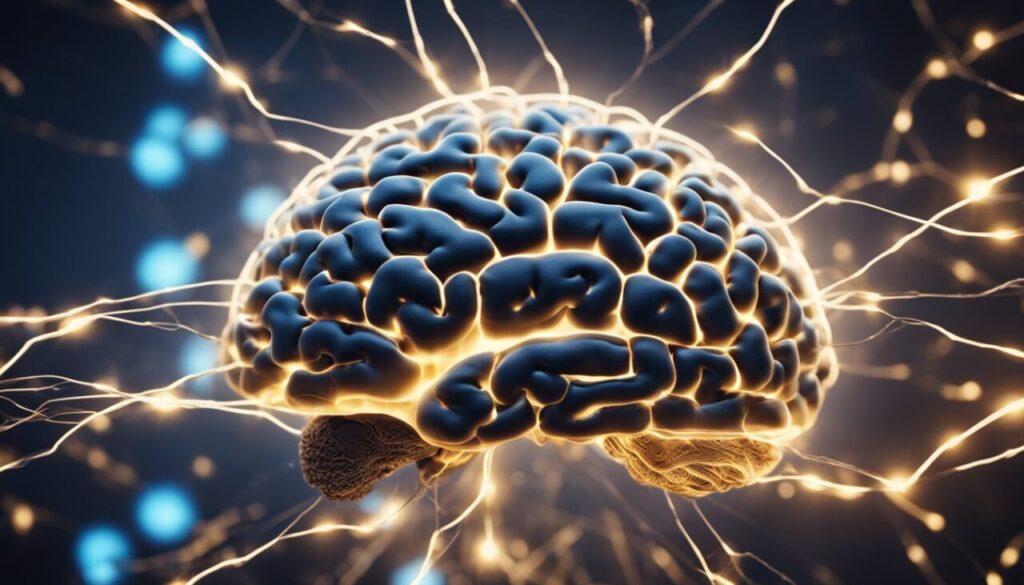
The year 2025 is set to be a critical moment for artificial intelligence and automation. These technologies have the potential to completely change almost all industries.
However, their widespread adoption also raises many challenges. Most importantly – job displacements.
Let’s explore in more details.
AGI Development Progress
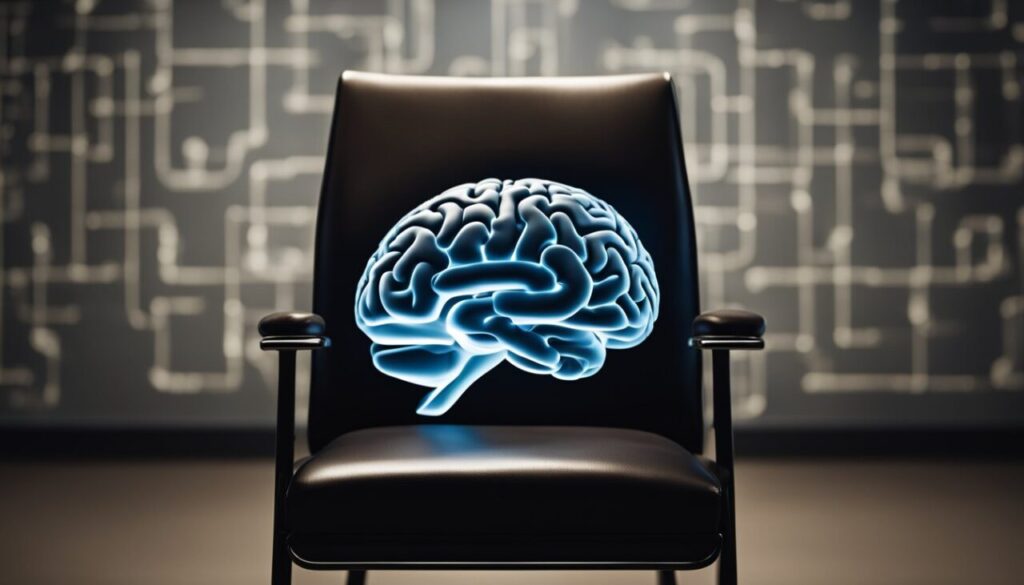
The development of Artificial General Intelligence (AGI) is potentially one of biggest problems and biggest opportunities for upcoming years.
As we approach the year 2025, one of the most pressing questions in the field of AI is whether AGI will become a reality by that time. Progress in AGI development is certainly increasing every day, so we might expect that AGI will become a reality in 2025.
Many futurists believe that if not by 2025 then latest by 2027 we will achieve some kind of singularity and AI will become smarter than any human on Earth or even better (or worse), smarter than all human knowledge combined throughout history.
Now, if that happens (some kind of singularity by 2025 or by 2027), we might be in big trouble. Namely, society is not ready yet for such a disruptive technology.
But there are really big chances that humanity will develop something revolutionary in the next year or two.
Let’s take a look at couple of projects.
Leading AI Projects

Several high-profile AI projects and organizations are at the forefront of AGI research. Organizations such as OpenAI (together with Microsoft), DeepMind (a subsidiary of Google), and others have been making significant moves in the development of AI systems that exhibit ultra-advanced capabilities.
For sure, these projects are out of most importance in determining whether AGI is achievable by 2025.
The Anticipation of GPT-5 by 2025
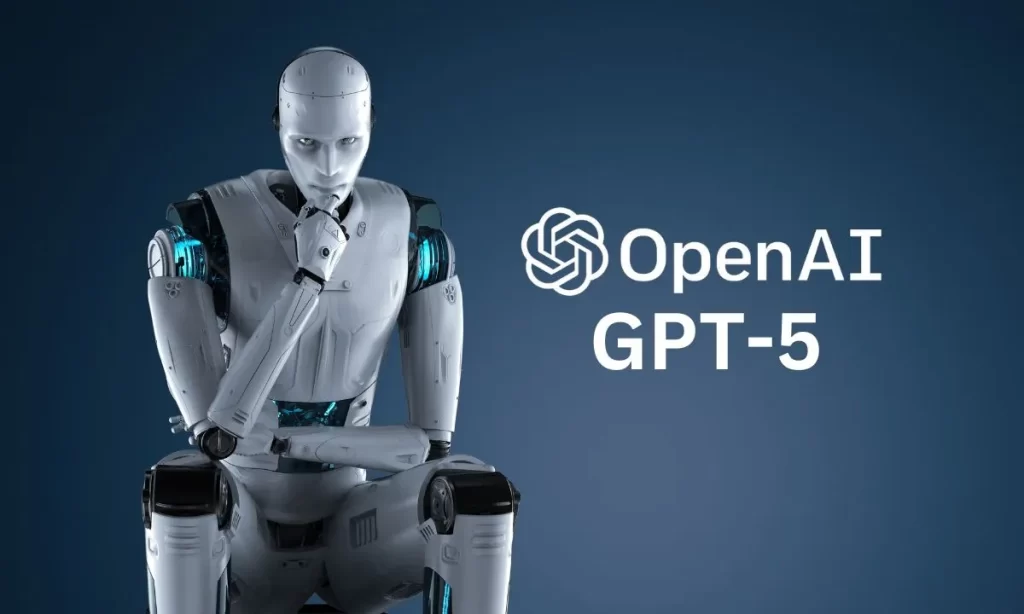
Artificial Intelligence and Natural Language Processing have been advancing at an unbelievable pace (perhaps even scary), with the development of sophisticated language models like GPT-4.0.
The question of whether we will witness the emergence of GPT-5 by 2025 is surely a matter of great interest. But it will most likely happen sometime in Q1 of 2025.
Sam Altman already started training of GPT 5 in 2023 and then suddenly (apparently) stopped. However, who knows what is happening in secret rooms in OpenAI.
One thing is certain – the arrival of GPT-5 will unlock a plethora of applications across industries.
Enhanced and unimaginable content (video, audio, pictures – everything) generation, full AI customer support, weird love chatbots, imaginary AI girlfriends, AI-generated movies, and much more advanced language understanding are just a few possibilities.
The Strength of GPT-5 vs. GPT-4
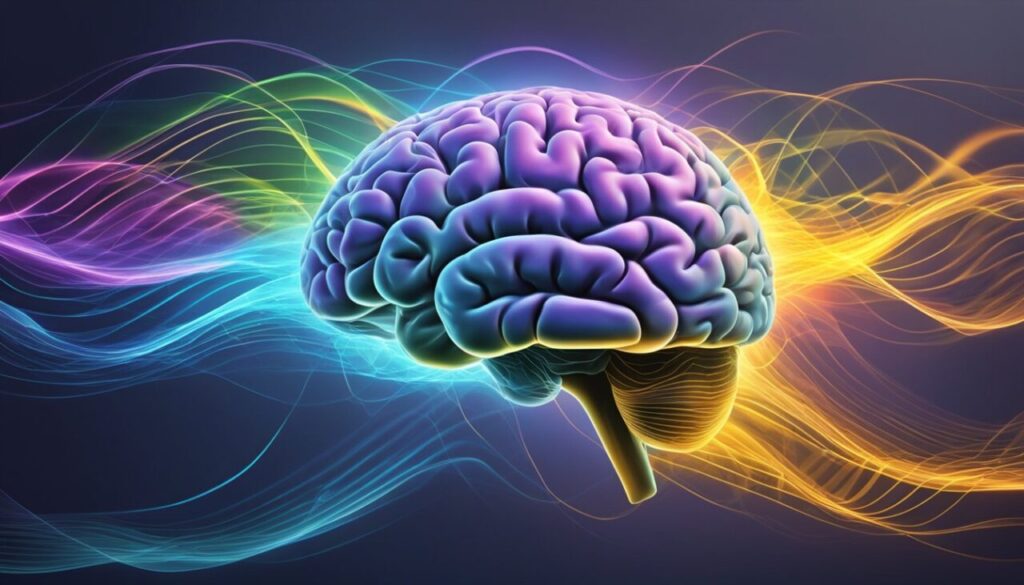
A key point of anticipation surrounding GPT-5 is how much stronger it could be compared to its predecessor, GPT-4 (or GPT-4 Omni).
While it’s challenging to predict exact performance improvements, we can speculate that GPT-5 may exhibit significantly enhanced language understanding, better context retention, complete and advanced video rendering, and significantly improved response generation.
This potential leap in performance could lead to much more accurate and contextually relevant responses, making GPT-5 an enormously more powerful beast than any previous model.
This is what we know for now:
| Feature | ChatGPT-4 | ChatGPT-5 (Expected) |
|---|---|---|
| Processing Capacity | Up to 25,000 words | Up to 50,000 words |
| Accuracy | High accuracy | 30% improvement on machine learning tests. No more weird hallucinations |
| Multimodal Capabilities | Mostly Text and image processing | Text, image, audio, and advanced video processing |
| Contextual Understanding | Advanced | Further improved with better memory retention |
| Response Generation | Coherent and contextually relevant | More precise and fact-based |
| Reasoning Capabilities | Advanced | Enhanced with more sophisticated techniques |
| Task Automation | Limited automation | Advanced autonomous AI agents |
| Language Comprehension | Excellent | Further improved, especially for non-English speakers |
| Factual Responses | Reliable | 50% more likely to produce factual responses |
So, let’s just briefly focus on video generation features as those are most interesting.
SORA – OpenAI’s video creation model is already available in 2024 and people are creating ultra realistic video scenes.
In next iteration it might be possible to create full length films by providing simple text prompts to Sora.
See the example below for yourself. It’s astonishing!
…but Sora is not the only one.
Look at Runaway Gen-3. This is simply amazing and kind of scary:
Society and Economy

Should AGI become a reality by 2025, it would have huge societal and economic implications.
Job displacement and changes in industry dynamics would all need to be addressed sooner rather than later.
The extent to which AGI is achieved and integrated into society will depend on the responsible decisions made by developers, governments, and stakeholders.
If majority of people will lose their jobs because of AGI – then society will need to invent new means to equip people with money and resources required for everyday life.
And that leads us to meaning and purpose.
While securing your shelter and food is on the lowest levels of Maslow’s hierarchy, meaning and purpose are on the highest. And many people (unfortunately) find sole meaning and purpose in their meaningless jobs.
This is probably wrong and searching for meaning only in your work life is not something that should be the goal of humans.
While many are frightful that people will lose their purpose without their job, it is essential to conclude that people are mainly creative beings.
And creative beings seek to expand their activities in many different fields of life.
That being said, if AGI would to replace all (or majority of jobs), people would probably find new things to do.
And there are so many things to explore and to do with 24 hours you have in your day or with average 692,040 hours that humans have in their life.
That leads us to other topics, from advanced technologies, space exploration, geopolitical shifts and much more.
Recommendation: If you're deeply interested in future and year 2025, we'd highly recommend following book: Zeitgeist 2025: Countdown to the Secret Destiny of America… The Lost Prophecies of Qumran, and The Return of Old Saturn’s Reign
Other Technological Advancements
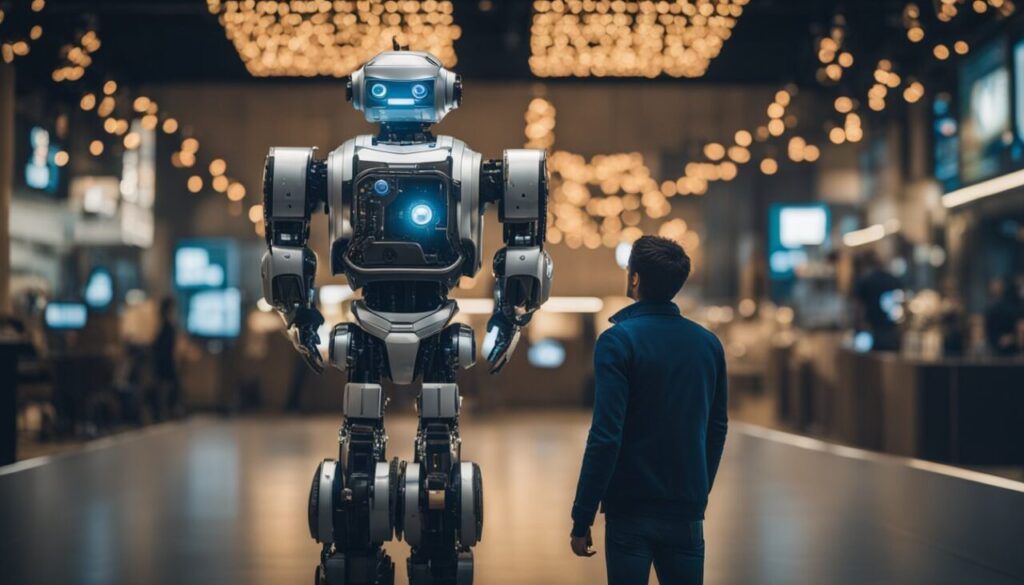
As mentioned, artificial intelligence will certainly be on the forefront of technological advancements. But besides AI we can expect big progress in many other segments.
Let’s take a look:
| Technology | Advancement | Description | Impact |
|---|---|---|---|
| 5G Technology | Widespread 5G Deployment | Higher speeds, lower latency, and more reliable internet connectivity | Enabling advanced IoT applications, smart cities, and autonomous vehicles |
| Quantum Computing | Practical Quantum Computers | Solving complex problems much faster than classical computers | Breakthroughs in cryptography, material science, and drug discovery |
| Biotechnology | CRISPR and Gene Editing | Advances in gene editing technologies | Potential cures for genetic diseases, improved agricultural products |
| Blockchain | Decentralized Finance (DeFi) and Smart Contracts | Increased use of blockchain for secure and transparent financial transactions | Disruption of traditional banking and finance sectors |
| Autonomous Vehicles | Self-driving Cars and Trucks | Advances in vehicle autonomy and safety features | Transformation of transportation, logistics, and ride-sharing services |
| Augmented Reality (AR) and Virtual Reality (VR) | Immersive Experiences | Enhanced AR/VR technologies for entertainment, education, and professional training | New ways of interaction, education, and work |
| Internet of Things (IoT) | Smart Homes and Smart Cities | Expansion of interconnected devices and systems for better management and automation | Enhanced quality of life, energy efficiency, and urban planning |
| Cybersecurity | Advanced Threat Detection and Prevention | Improved methods to combat cyber threats and protect data | Increased security for individuals, businesses, and governments |
| 3D Printing | Advanced Manufacturing | Use of 3D printing for complex and customized products | Transforming manufacturing, reducing waste, and enabling rapid prototyping |
| Edge Computing | Real-time Data Processing | Processing data closer to the source for faster decision-making | Improved performance for applications requiring real-time data analysis |
| Nanotechnology | Nanomaterials and Nanosensors | Development of new materials and sensors at the nanoscale | Advancements in medicine, electronics, and environmental monitoring |
| Robotics | Advanced Automation | More capable and versatile robots for various tasks | Increased automation in industries, improved precision in tasks |
| Smart Grids | Intelligent Energy Distribution | Enhanced electrical grid systems with real-time monitoring and management | More efficient energy distribution and reduced power outages |
| Voice Assistants | Conversational AI | More natural and context-aware voice interaction with devices | Improved user experience and accessibility in smart devices |
| Wearable Technology | Health Monitoring and Augmentation | Advanced wearables for health tracking and augmented human capabilities | Better personal health management, enhanced physical abilities |
| Food Technology | Lab-grown Meat and Sustainable Food Production | Innovations in food production and alternative protein sources | Reduction in environmental impact of food production, improved food security |
| Advanced Batteries | Next-generation Energy Storage | Development of high-capacity, fast-charging, and longer-lasting batteries | Enhanced energy storage for electric vehicles and renewable energy systems |
| Holography | Interactive Holographic Displays | Use of holographic technology for communication and entertainment | New ways of visualizing and interacting with digital content |
| Smart Textiles | Embedded Electronics in Fabrics | Development of textiles with integrated electronic components | Innovations in fashion, health monitoring, and military applications |
| Personalized Education | Adaptive Learning Technologies | Customized learning experiences based on individual student needs | Improved educational outcomes and personalized learning paths |
| Advanced Prosthetics | Neuroprosthetics and Bionic Limbs | Development of prosthetics controlled by neural interfaces | Improved quality of life for amputees and individuals with disabilities |
Interesting, huh? So many advancements are expected in 2025.
Will those advancements create better lives for everyone? Well, most likely not for the majority of people. But the riches of this world will have better lives.
That’s for sure.
Nuclear Fusion by 2025
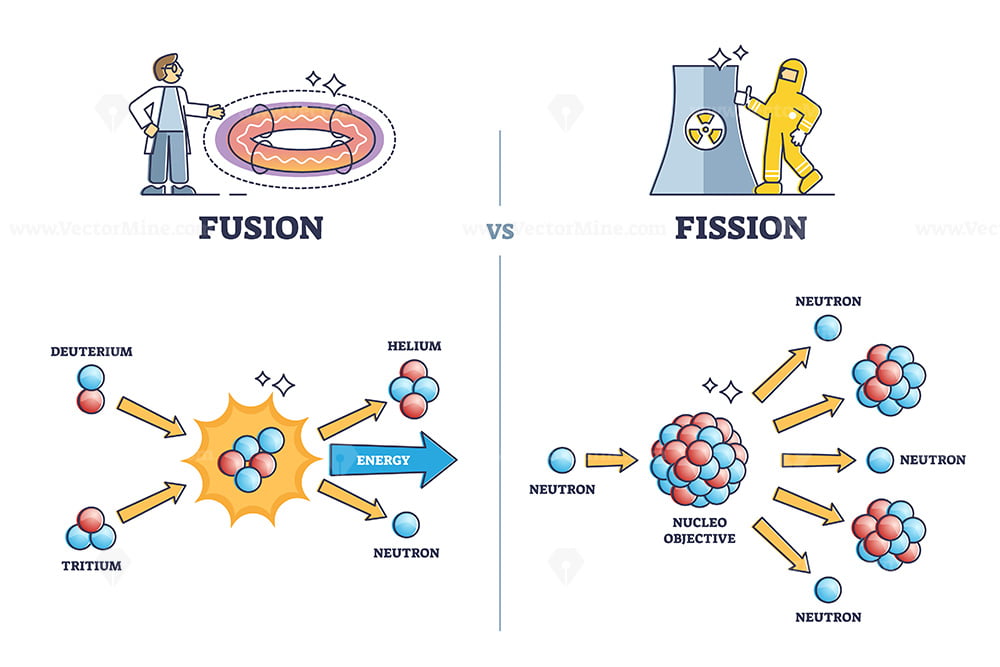
Nuclear fusion, often referred to as the “holy grail” of clean energy, holds the potential to completely change our energy landscape.
By replicating the process that powers the sun, nuclear fusion can provide a near-limitless source of clean and abundant energy. As 2025 approaches, the question of whether we will achieve viable nuclear fusion becomes very significant.
There are many projects like ITER (International Thermonuclear Experimental Reactor) that are making substantial progress, however we’re not there yet.
Will we be there in 2025?
Well most likely not.
Except if we manage to develop extremely powerful artificial intelligence that will then be able to solve nuclear fusion problems in a matter of days.
In that case, AI could posses all human knowledge and solve problems that would take humans years or decades.
We will see, but potentials are enormous.
Namely, successful development of nuclear fusion would have enormous positive implications for our environment and energy efficiency. In simple words – it would be a complete game changer.
However, as mentioned 2025 may be too early. Chances for that to happen in 2025 are less than 5%.
Geopolitical Shifts
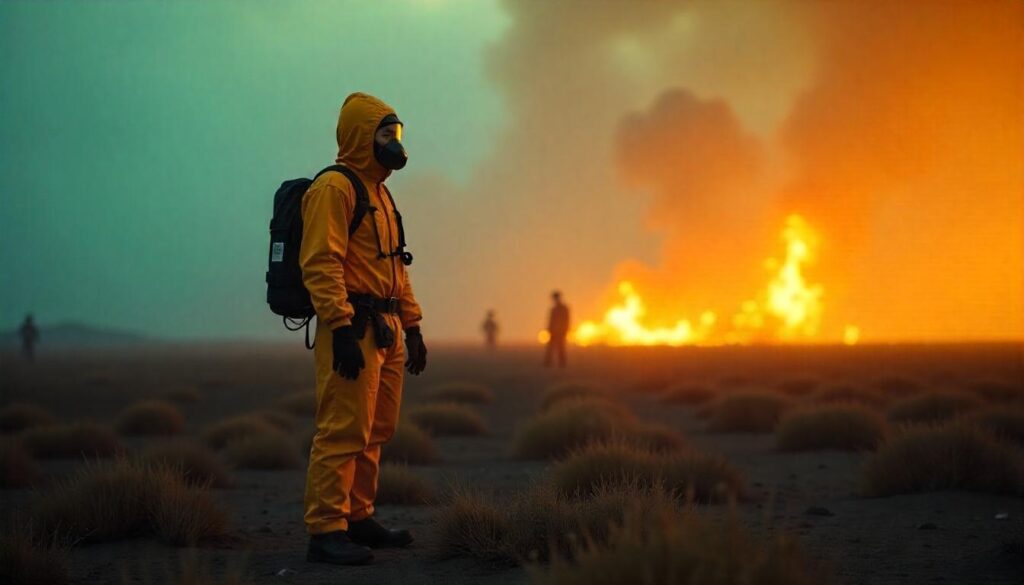
The geopolitical landscape is ever-evolving, and 2025 will witness significant changes in global alliances and conflicts.
The rivalry between superpowers, regional disputes, and international cooperation will all play a role in shaping the Earth’s future. In an era of global interconnectivity, the choices made by world leaders can have far-reaching consequences.
Having in mind current events and wars in the world like the Russia – Ukraine conflict and Israel and Palestine conflict – it seems like the drums of World War 3 are beating harder than ever. Unfortunately, this could be a reality by 2025.
Let’s just hope that shallow heads of world leaders will fill in with more wisdom and they will stop this from happening.
Health and Well-being

The field of medicine is constantly evolving, and 2025 promises really big breakthroughs in healthcare. From personalized medicine to gene editing, these advancements may extend human lifespans and improve the overall quality of life.
Mental health has gained increasing recognition as an essential aspect of overall well-being. By 2025, we can expect more significant moves in mental health awareness and support, as societies around the world grapple with the mental health consequences of modern life.
Recommendation: As breakthroughs in mental health treatments continue to develop, tools for managing everyday stress and anxiety will also continue to evolve. Customized Fidget Spinners are one example, providing people with a convenient way to regulate their emotions and stay focused. Often featuring unique designs, colors, and logos, these fidget spinners help reduce anxiety and improve focus, making them a simple and effective way to manage stress. As mental health awareness grows, this simple yet effective tool is likely to become more widespread, providing additional support for those dealing with the stress of modern life.
Heck, perhaps governments will finally realize that different plant medicines and psychedelic experiences can significantly help people in coping with depression, PTSP or many other mental states.
Many researches are showing so, and governments around the word will perchance catch up by 2025.
Biodiversity and Conservation

One of the most critical challenges the Earth currently faces is the loss of biodiversity.
By 2025, more species will face extinction due to habitat destruction, pollution, and climate change. The health of ecosystems is closely tied to human survival, making biodiversity conservation a priority for the future.
Conservation organizations and governments are working tirelessly to protect endangered species and preserve ecosystems.
By 2025, we may witness renewed commitments to conservation and a greater understanding of the intricate web of life on Earth.
Or we may witness the same as it is happening right now in 2024.
We’ll see soon enough.
Cultural Changes

2025 is likely to be marked by social movements and activism on various fronts. Issues like racial equality, gender rights, and climate action will continue to be at the forefront of public discourse.
The impact of these movements on society and policy will be a significant factor in shaping the Earth’s future.
The world is becoming more interconnected through technology and communication.
By 2025, we can anticipate an even greater exchange of cultures and ideas, which may lead to a more globalized society. The blending of cultures can be a source of strength and creativity but may also pose challenges in preserving cultural heritage.
Conclusion

For sure, the biggest category that will potentially change the world forever from year 2025 onwards will be advancements in artificial intelligence. And this is because AI can have huge influence on any other industry and to be fair any other aspects of human life.
The anticipation of GPT-5 by 2025 adds another layer to the evolving landscape of technology and AI. While the development of advanced language models offers immense potential, it also underscores the importance of responsible AI development and ethical considerations.
As we approach 2025, the role of GPT-5 and its impact on various industries and society as a whole remains a subject of anticipation and scrutiny.
The decisions and actions taken in the realm of AI and language models will significantly shape the Earth’s future, particularly in the way we communicate, generate content, and interact with technology.
All in all – year 2025 may be one of most important in our history. And while this statement may seem crazy just think about it.
We’re on the crucial point of developing something that could change how humans live and interact with the world.
Hopefully, all those changes and advancements that will certainly arrive (either in 2025 or a couple of years later) will only help humans and the entire planet



























